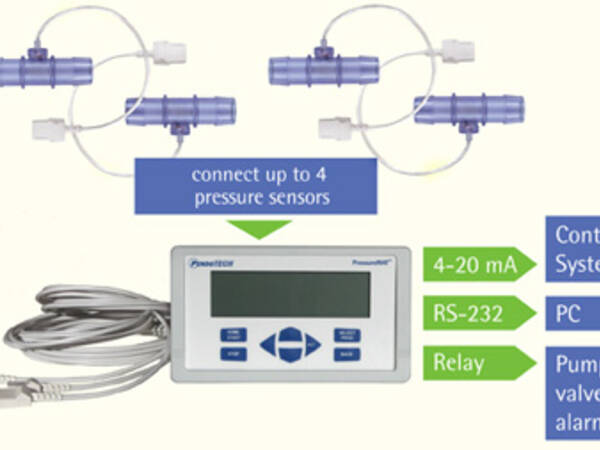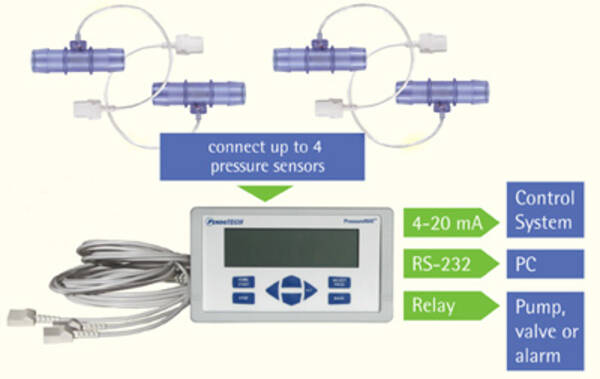

Five reasons for using single-use sensors
More and more process technologists and researchers working in the biotechnology sector or in the pharmaceutical industry are deciding to use single-use components and systems. Single-use technology saves a lot of precious time, makes the production process flexible and plays an important role in preventing the risk of cross-contamination. In this blog, I give you five reasons to start using sensors for once-off use (single-use).
Proven usefulness
Why is single-use technology generally regarded as a good alternative to traditional stainless steel laboratory and production systems? One important point is that operators and researchers can focus their attention on their core activities because the workload and risks associated with lengthy cleaning procedures are reduced. This is not a new trend. In the past decade, single-use tubes and (bio)reactors have already proven their worth.
In the past decade, single-use tubes and (bio)reactors have already proven their worth.
Popularity of single-use sensors
One thing that is new is the increasing popularity of single-use sensors. These sensors, just like traditional stainless steel measurement instruments, can be integrated into (pilot) installations. The most common single-use sensors are pressure and temperature sensors, but there are also single-use alternatives for measuring conductivity, dissolved O2, UV VIS and turbidity. The market for single-use sensors is developing fast. PendoTECH® is currently the main manufacturer of single-use sensors.
But what are the advantages of implementing single-use sensors in production installations?
1. Accuracy The accuracy of single-use sensors is more than adequate (±2%) to monitor pressure and temperature during upstream and downstream processing. One specific advantage of the pressure sensors from PendoTECH® is their extremely smooth internal surface because there are no metal measuring components on the inside. Unlike normal pressure sensors, which often have protrusions on the inside that disrupt the flow. This disruption of the flow can lead to pressure variations, so that the measured values are not representative.
2. System integration Like other sensors, single-use sensors can be integrated into operating systems using pure hardware solutions or PC solutions. This makes it possible for the user to define pump speeds and regulate them automatically. Added to that, the user can use automatic triggers for shut-off valves and alarm systems.
3. Easy for the end user and the supply chain Single-use sensors can be installed as a customised assembly. Installation by specialist personnel then costs less time, which reduces labour costs. When this type of assembly is used, it is not necessary to have the individual components in stock. This makes it easier to manage the supply chain.
4. Risk management One important factor for good risk management is the prevention of cross-contamination. Cross-contamination is a nightmare for production technicians because it leads to unusable batches and the risk of bringing production to a standstill. The use of ‘normal’ sensors in a production system is a potential source of cross-contamination. This is because the sensors are exchanged more often than other components in the process installation. The advantage of single-use sensors is that you don’t have to exchange and clean them, so you reduce the risks of cross-contamination.
5. Advance calibration The calibration of conventional sensors costs a great deal of time and money. PendoTECH® single-use sensors are calibrated during the production process. This enables you to save on labour costs.
Acceptance process
More and more companies in the (bio)pharmaceutical industry are opting for single-use technology rather than traditional production installations. The development of single-use sensors is making an important contribution to the acceptance of single-use technology. I’m convinced that this technology can become the new standard for the (bio)pharmaceutical sector.
